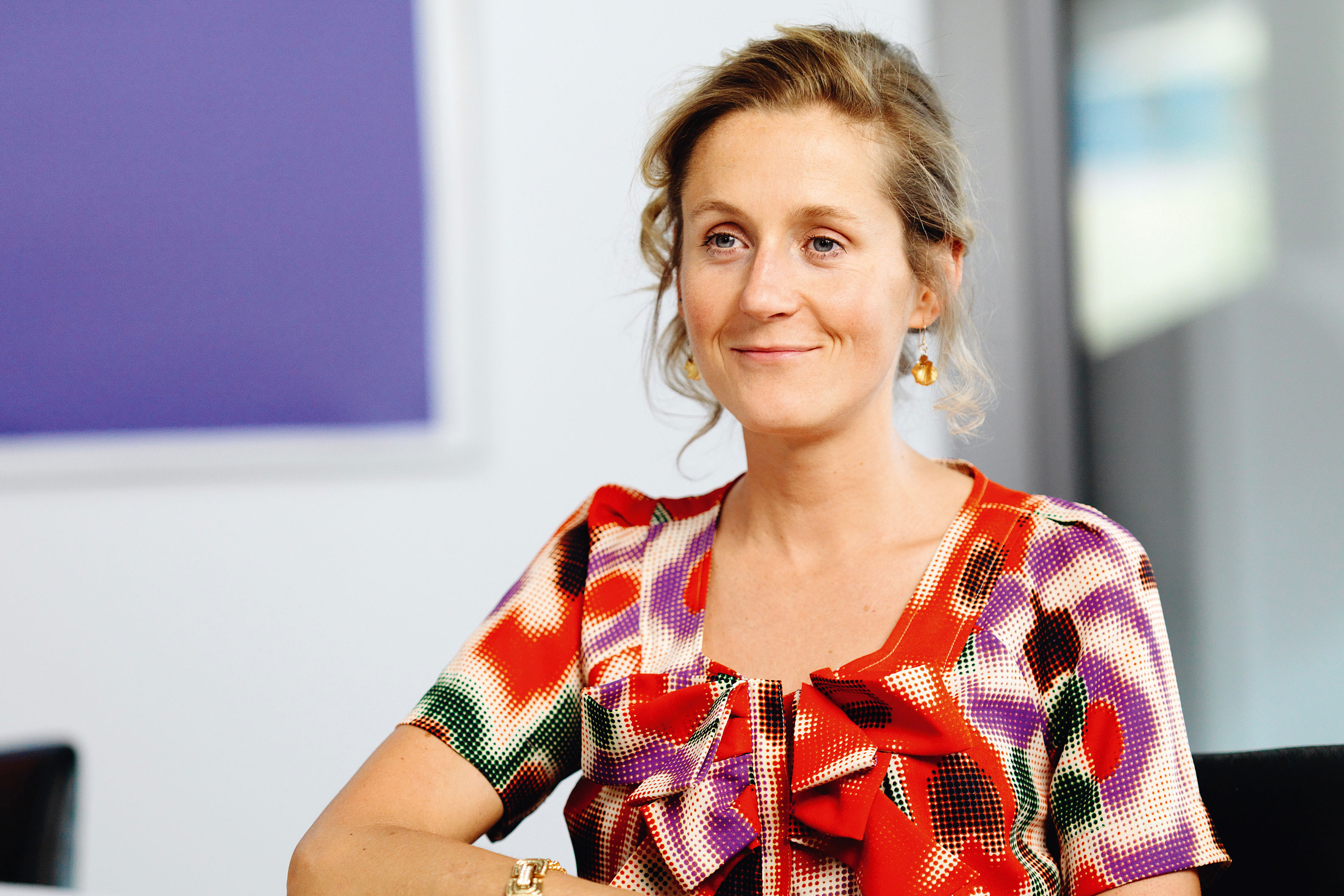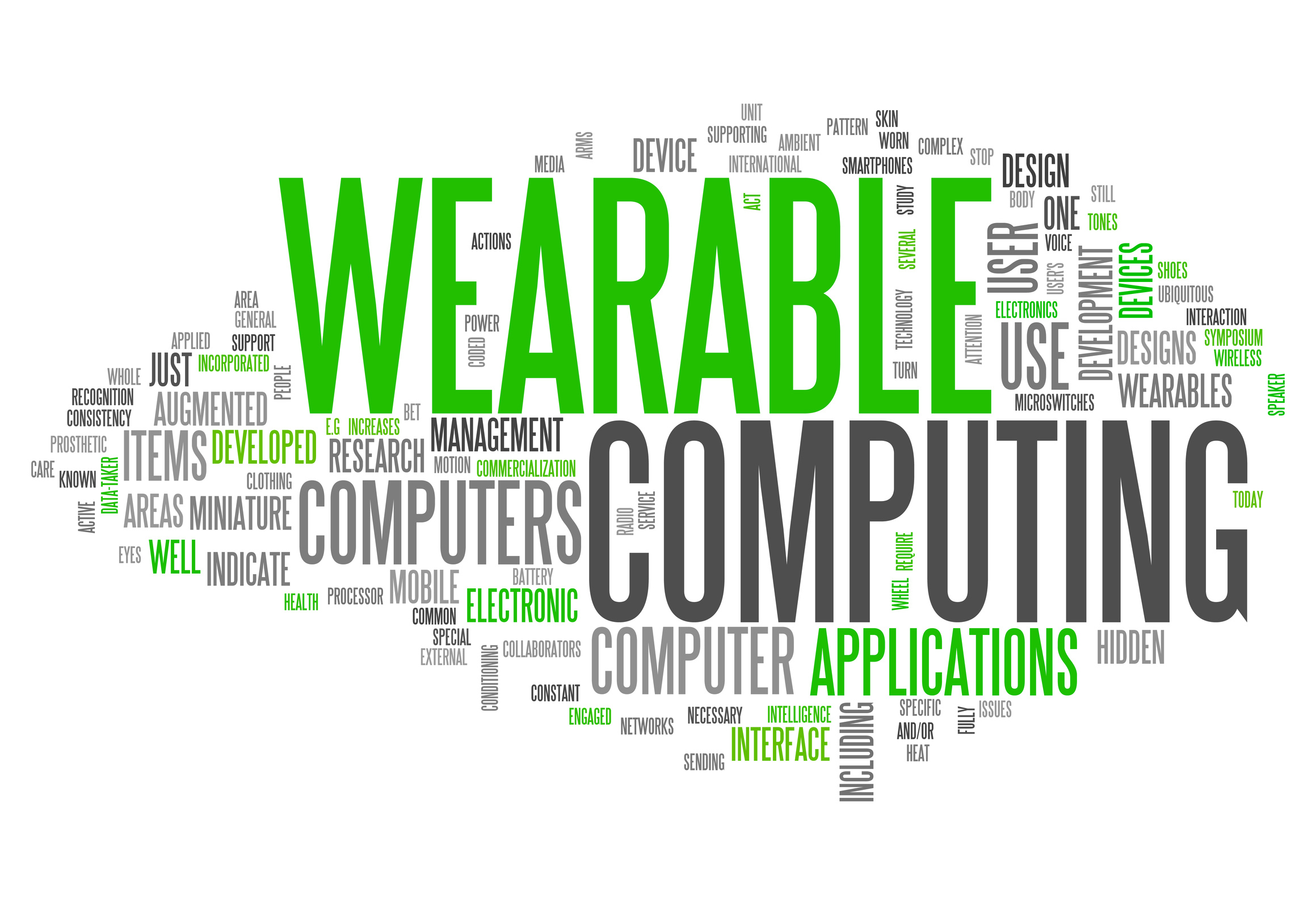You'll need a prescription for Google's next health wearable
Google has revealed a health-tracking wristband that may only be available via your GP


Sign up today and you will receive a free copy of our Future Focus 2025 report - the leading guidance on AI, cybersecurity and other IT challenges as per 700+ senior executives
You are now subscribed
Your newsletter sign-up was successful
Google has announced a new health-tracking wearable that could be prescribed to patients based on need.
The device, which will likely not be available to consumers, was developed by the company's research division, Google X, and measures the user's pulse, heart rhythm, skin temperature and other information about their environment such as light and noise levels.
Andy Conrad, head of the life sciences team at Google, told Bloomberg: "Our intended use is for this to become a medical device that's prescribed to patients or used for clinical trials.
"I envision a day, in 20 or 30 years, where physicians give it to all patients," he added. "Prevention means all the time."
Conrad's statement rules out the wearable being generally available to consumers in the near future, though many of its features are similar to those offered by Android Wear.
Google will test the device with academics and drugmakers in the coming months, revealed Google spokeswoman Jacquelyn Miller, with the eventual aim of using it in clinical trials and drug tests.
Gathering accurate results that can be used for these trials has previously been hard achieve, Kara Dennis, managing director of mobile health at Medidata, said.
Sign up today and you will receive a free copy of our Future Focus 2025 report - the leading guidance on AI, cybersecurity and other IT challenges as per 700+ senior executives
"Historically, doctors do everything patients just need to turn up at the trial site," Dennis said. "Now, we're asking patients to take on meaningful responsibility in gathering information."
Other projects the Google X division has been tasked with are driverless cars and delivery drones. In the healthcare sector, a smart contact lens design was also revealed last year. The lenses, designed with diabetes sufferers in mind, use sensors to measure glucose levels in tears, transmitting results back to a smartphone.
Caroline has been writing about technology for more than a decade, switching between consumer smart home news and reviews and in-depth B2B industry coverage. In addition to her work for IT Pro and Cloud Pro, she has contributed to a number of titles including Expert Reviews, TechRadar, The Week and many more. She is currently the smart home editor across Future Publishing's homes titles.
You can get in touch with Caroline via email at caroline.preece@futurenet.com.
-
 Sumo Logic expands European footprint with AWS Sovereign Cloud deal
Sumo Logic expands European footprint with AWS Sovereign Cloud dealNews The vendor is extending its AI-powered security platform to the AWS European Sovereign Cloud and Swiss Data Center
-
 Going all-in on digital sovereignty
Going all-in on digital sovereigntyITPro Podcast Geopolitical uncertainty is intensifying public and private sector focus on true sovereign workloads
-
 This tech company wants to pay staff to look after their mental and physical wellbeing
This tech company wants to pay staff to look after their mental and physical wellbeingNews Hot on the heels of its four-day week trial, tech company Thrive is offering staff new incentives to take care of their mental and physical wellbeing.
-
 Microsoft patents tech to combat employee stress
Microsoft patents tech to combat employee stressNews Based on biometric data, the patented technology computes an employee’s "anxiety score"
-
 Healthcare wearables could ease burden on NHS
Healthcare wearables could ease burden on NHSNews Experts suggest that the Internet of Things could help with patient overcrowding
-
 NHS hires Martha Lane Fox to boost patients’ use of digital technologies
NHS hires Martha Lane Fox to boost patients’ use of digital technologiesNews Baroness of Soho will develop proposals on improving digital adoption for NHS users
-
 How wearables and Wi-Fi could save the NHS billions
How wearables and Wi-Fi could save the NHS billionsNews NHS England eyes technology upgrade to help it tackle predicted £22 billion funding gap
-
 Wearable Technology Show 2015: That was the show that was
Wearable Technology Show 2015: That was the show that wasIn-depth We round up the most interesting products from London's wearables expo
-
 10 inventions & discoveries looking to change the world
10 inventions & discoveries looking to change the worldIn-depth From turning sewage into water to the development of the hoverboard. What have we got to look forward to?
-
 Wearable tech & the risk it poses to enterprise data
Wearable tech & the risk it poses to enterprise dataIn-depth Davey Winder explains why IT directors need to wise-up about including wearables in their organisation's BYOD security policies
